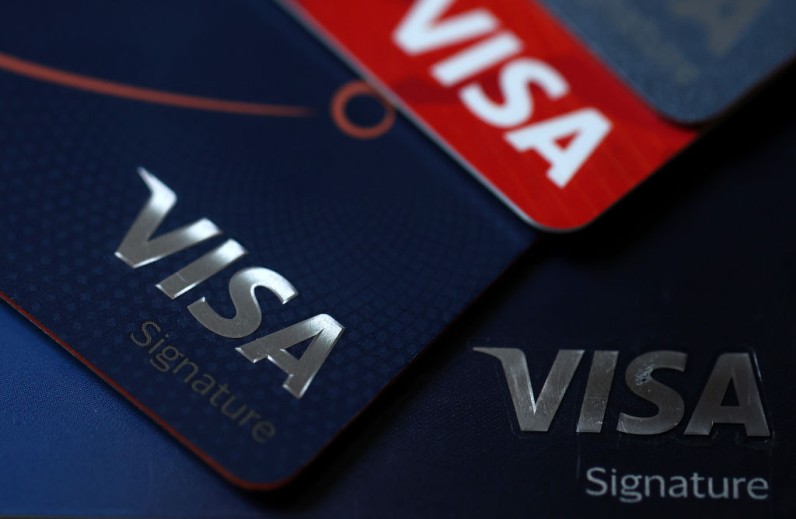The Biden Admin's anti-credit card junk fee regulation could be delayed. This is because the card industry sued the Consumer Financial Protection Bureau in federal court to stop the policy from being implemented. Here are the latest details.

Biden Admin's Anti-Credit Card Junk Fee Regulation Might Be Delayed
According to CNBC's latest report, the U.S. Chamber of Commerce led the card industry in suing CFPB in March. Their effort bounced between Washington, D.C., and Texas venues for weeks.
Now, a judge in the Northern District of Texas could announce on Friday, May 10, whether the court will accept USCOC's request to delay the policy. If this happens, then the CFPB legislation could face a last-minute freeze.
Because of this, many are asking if the policy will really be implemented on time. One of them is Wolf Research lead policy analyst Tobin Marcus.
"We should get some clarity soon about whether the rule is going to be allowed to go into effect," he said.
About Biden Admin's Anti-Credit Card Junk Fee Policy
The new CFPB regulation, Regulation Z, is part of the Biden Administration's efforts to reduce credit card fees, which are greatly costing Americans. U.S. President Joe Biden even deems them "junk fees."
The CFPB explained that Regulation Z can benefit U.S. residents by saving more than $10 billion in credit card late fees per year. Specifically, the new policy aims to reduce the typical late fee of $32 to only $8.
CFPB officials said that once the anti-credit card junk fee regulation takes effect, it could help Americans have an average savings of $220 annually. This could be the case for more than 45 million Americans who are usually charged late fees.







Join the Conversation